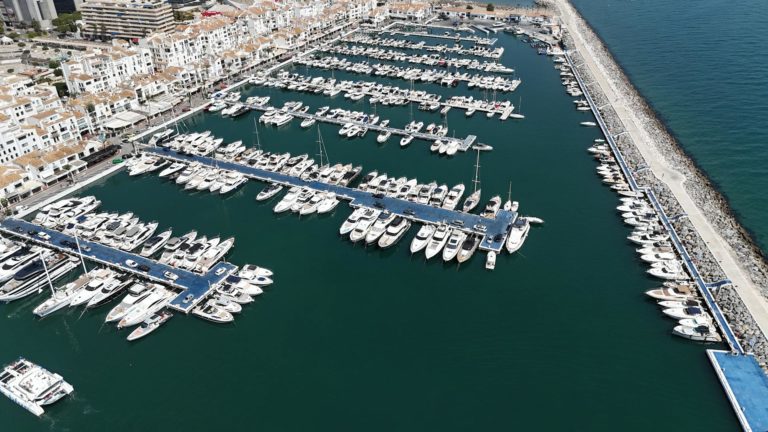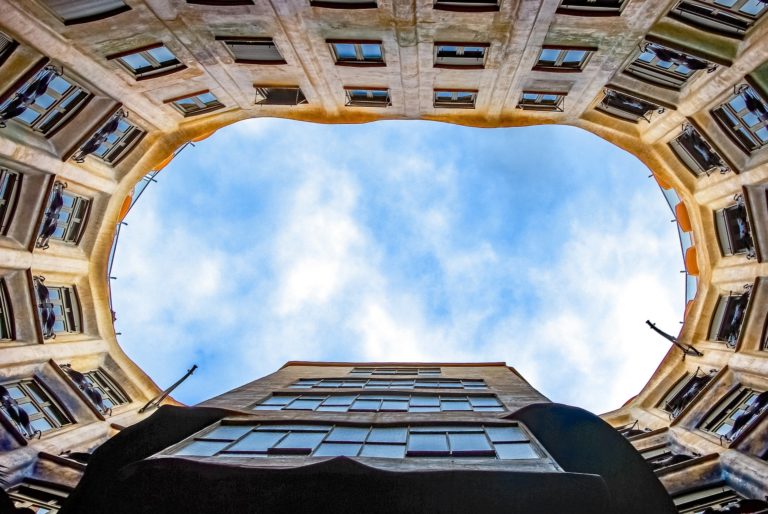
Resort design is complex, requiring resort development companies to divide their attention between accommodation, amenities, facilities, and services before bringing it back to a cohesive resort concept, where all these component parts works together as a whole. Successful resort planning in the modern era rests largely on the developer’s ability to acknowledge important shifts in society, subtle consumer behavior changes and then to provide solutions that satisfy clients’ evolving needs.
One area in which there have been significant changes is Wellness. Wellness tourists are no longer a niche. We all seek a happier and healthier lifestyle, and we expect our resorts to support that process in a broad way. From the options on the breakfast menu to the opportunity to embrace nature, we want Wellness to be an intrinsic part of the experience, not an afterthought or addendum or a luxury add-on that caters to the few.
Wellness has shifted from passive to active and from pampering to prevention. It includes a focus on a healthy diet, exercise, preventative medicine, and stress reduction. Resort investment and reinvention must be granular in character and include regular review and redesign of menus and healthier food and beverage practices in general. And providing the space for an active lifestyle, whether through sport facilities, cycling trails or a nature gym are essential factors as well.
Compact hotel spas squeezed into the basement no longer have a place in today’s resort. Time and energy need to be focused on designing Wellness Centre’s that are fit for purpose, with the requisite indoor and outdoor experiences within easy reach. Biophilic design is much in evidence in this regard, as the therapeutic power of natural materials now overrides an outmoded desire for opulence.
Of equal importance to the eco-integrity built into the design of a wellness centre and retreats, is an emphasis on landscape strategies that focus on indigenous and eco-planting. Landscape is a crucial element of resort design and resort management. Thoughtful understatement is replacing faux tropical environments in order to save water and to create a stronger sense of place.
Muriel Muirden is the former Head of Strategy at design firm WATG. She has now returned to Scotland, but remains active in the boutique resort sector.



